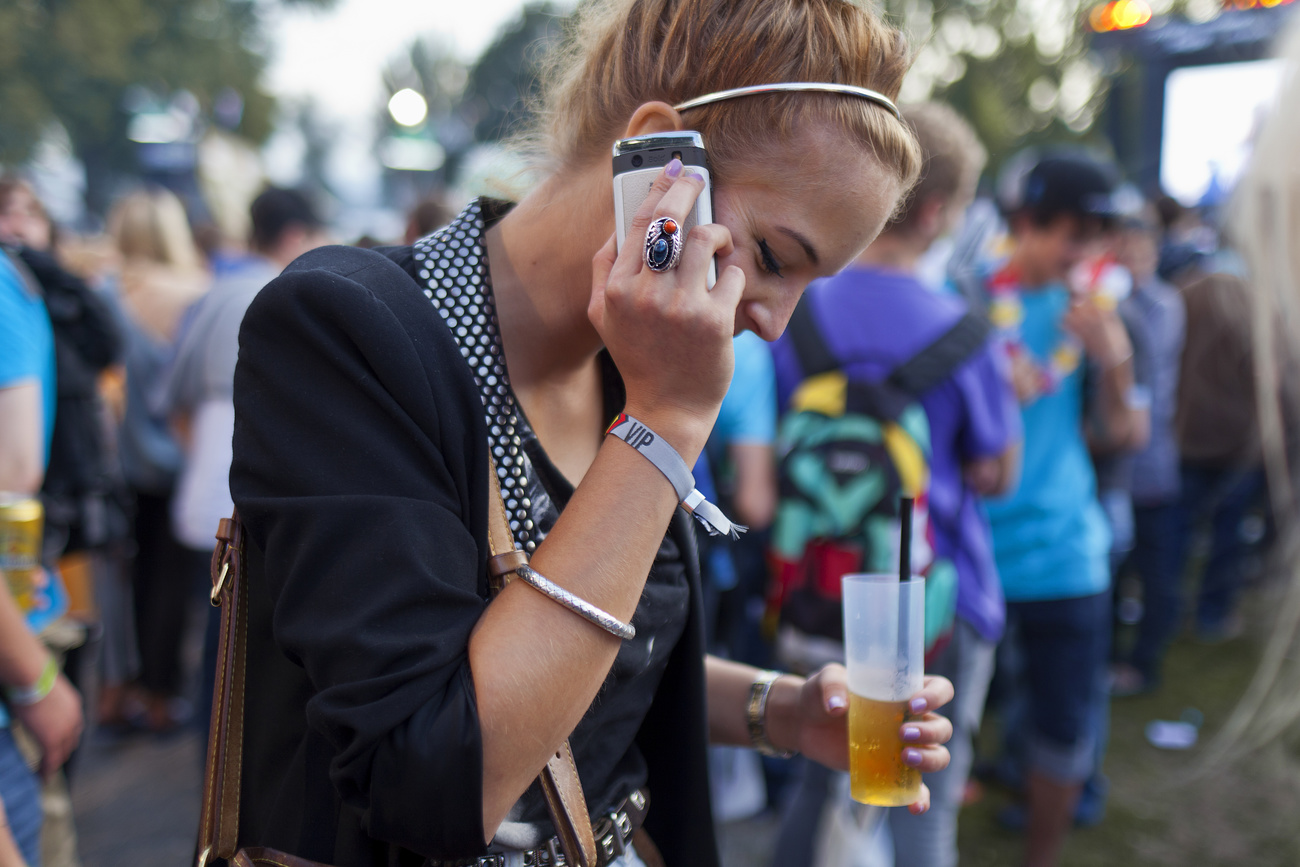
One in five attempts by Swiss minors to buy alcohol succeeds

Despite a decrease in the success rate, 20.3% of alcohol purchase tests by minors were successful last year.
Even though the success rate has dropped by more than ten percentage points since 2016, charity Addiction Switzerland says there is plenty of room for improvement.
In the 6,534 tests carried out around the country on behalf of the Federal Customs Administration (FCA), petrol station shops came out best (10% of illegal sales), ahead of restaurants/cafés and chain stores/large retailers (each with just under 20%). Bars, pubs and public events came off worst, with almost one in three attempts succeeding.
In four-fifths of cases the staff carried out an age check, with more boys being asked for ID than girls. When girls shopped alone, they obtained alcohol more often than boys on their own.
Despite the decline, the number of illegal sales was “still very high”, Addiction Switzerland said in a statementExternal link. Sales staff were sometimes overwhelmed by too many people and also often felt pressured by impatient customers, it explained.
Nationwide training
Addiction Switzerland is calling for nationwide training and suggests technical aids such as the use of scanners that read identity cards or coloured wristbands for minors.
In Switzerland people must be 16 to buy wine and beer and 18 to buy spirits.

In compliance with the JTI standards
More: SWI swissinfo.ch certified by the Journalism Trust Initiative






























You can find an overview of ongoing debates with our journalists here . Please join us!
If you want to start a conversation about a topic raised in this article or want to report factual errors, email us at english@swissinfo.ch.